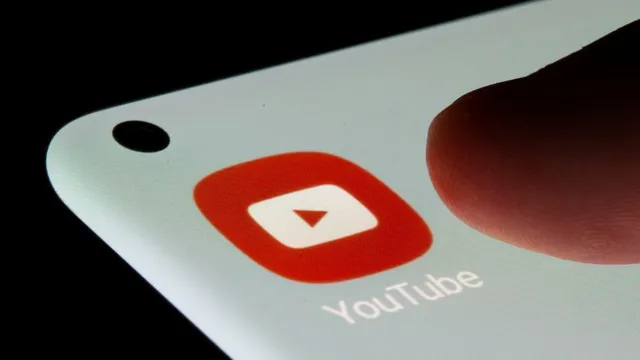- By Prateek Levi
- Wed, 13 Aug 2025 11:19 AM (IST)
- Source:JND
YouTube has begun rolling out its AI-powered age verification system in the US, just weeks after announcing the plan. The feature is designed to identify users under 18 and automatically apply safety measures, which the company says will make the platform more age-appropriate for younger audiences.
The system analyses multiple factors — such as your viewing patterns and how long you’ve had your account — to estimate your age. If it decides you’re likely a minor, you won’t just be blocked from certain videos; instead, a set of teen-focused protections will kick in automatically. These include:
ALSO READ: Vivo V60 Launched In India: Top Features To Look Out For In This ZEISS-Powered Mid-Range Smartphone
- Enabling “take a break” and bedtime reminders by default.
- Showing only non-personalised ads.
- Displaying privacy reminders before you upload videos or post comments.
- Reducing recommendations for content that may be harmful if watched repeatedly.
If you’re an adult who gets mistakenly flagged, YouTube offers an appeals process. You can prove your age by providing a government-issued ID, a selfie, or even a credit card.
Concerns over accuracy and privacy
The change hasn’t landed without criticism. Some users worry the AI might wrongly classify them as teenagers, especially if they watch certain genres like anime or gaming. Privacy is another sticking point, with concerns about submitting sensitive personal information to a tech giant in an era when data breaches are a constant threat.
YouTube says its system considers a wide range of signals and doesn’t target specific types of content. The company stresses that ID submission is optional — if you skip it, your account will simply keep the teen protections in place, still giving you access to most videos. But for some, the thought of having restrictions suddenly applied remains frustrating.
ALSO READ: GPT-5 Gets Auto, Fast, And Thinking Modes As Sam Altman Announces New Updates And More Model Options
This update is part of a broader industry push to use AI for online age verification—a move that, while intended to keep younger users safe, is also sparking debates over privacy and accuracy.

